In Vietnam, the National Strategy on Research, Development and Application of Artificial Intelligence to 2030 in Decision No. 127/QD-TTg of the Prime Minister dated January 26, 2021 emphasized that training on AI ethics and policy is a pillar of this strategy.
In that process, the development of ethical principles for artificial intelligence needs to be appropriate to the practical context and scale of each organization. Ethical guidelines are deployed in stages, starting with basic principles and adjusting according to the development reality.
In the context of Vietnam promoting digital transformation and private sector development, AI ethics need to be designed in a way that is close to life and business development, supporting rather than hindering the technology development process.
AI ethics or responsible use of AI is a topic of great interest, especially in developed countries such as the United States, Japan, South Korea, the European Union (EU)...
In the United States, several large technology companies have taken an approach and developed regulations and assessment frameworks for the responsible use of AI.
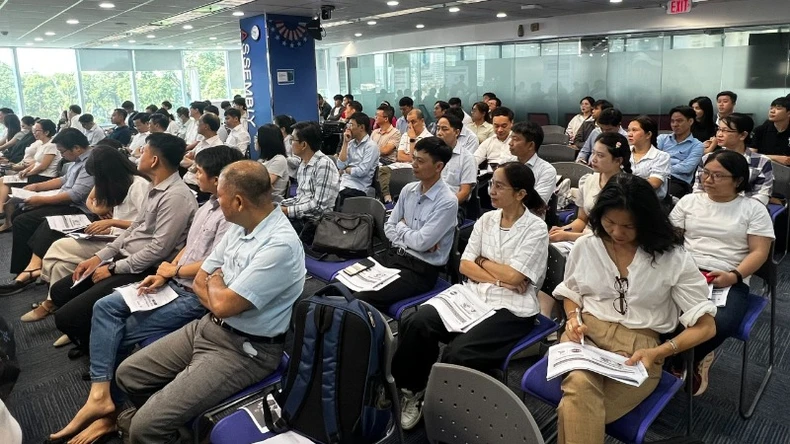 |
The first AI ethics course was held in Vietnam. |
“Artificial intelligence is transforming every aspect of society,” said Jeremy Luna, Press Officer, U.S. Consulate General in Ho Chi Minh City. “As we harness the power of AI, it is important to ensure that this technology is developed and applied responsibly.”
In the face of AI's growth, major tech companies around the world are coming up with different definitions of responsible use of AI.
Microsoft defines Responsible AI as an approach to developing, evaluating, and deploying AI systems in a safe, trustworthy, and responsible manner.
IBM has developed a set of principles to guide the design, development, deployment, and use of AI. They build trust in AI solutions that have the potential to empower organizations and their stakeholders.
The common thread that businesses are moving towards today is focusing on building tools to ensure that AI operates ethically, does not cause harm, and benefits society.
Experts also say that while AI is being widely deployed globally, many organizations and businesses are facing problems due to a lack of necessary preparation in ethics and risk management. This situation creates passivity when setting up a prevention system from the beginning.
From there, experts recommend that organizations proactively implement a compliance roadmap right now, including steps such as: Creating an AI catalog; assessing the risks of AI tools; ensuring approval from the highest level; analyzing the current situation and legal requirements, thereby determining a suitable improvement roadmap...
The course not only provides basic knowledge to build a responsible AI community in Vietnam, but also creates an important premise to form a network of experts, contributing to policy support and improving the capacity to respond to technological challenges in the coming time.
Source: https://nhandan.vn/to-chuc-khoa-hoc-dao-duc-ai-lan-dau-tien-tai-viet-nam-post880296.html


![[Photo] Prime Minister Pham Minh Chinh chairs meeting on science and technology development](https://vphoto.vietnam.vn/thumb/1200x675/vietnam/resource/IMAGE/2025/5/17/ae80dd74c384439789b12013c738a045)



![[Photo] Readers line up to visit the photo exhibition and receive a special publication commemorating the 135th birthday of President Ho Chi Minh at Nhan Dan Newspaper](https://vphoto.vietnam.vn/thumb/1200x675/vietnam/resource/IMAGE/2025/5/17/85b3197fc6bd43e6a9ee4db15101005b)
![[Photo] More than 17,000 candidates participate in the 2025 SPT Competency Assessment Test of Hanoi National University of Education](https://vphoto.vietnam.vn/thumb/1200x675/vietnam/resource/IMAGE/2025/5/17/e538d9a1636c407cbb211b314e6303fd)
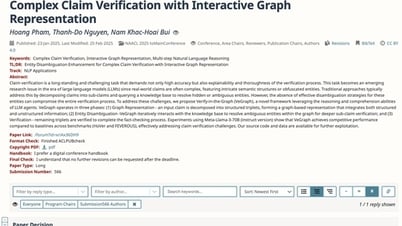





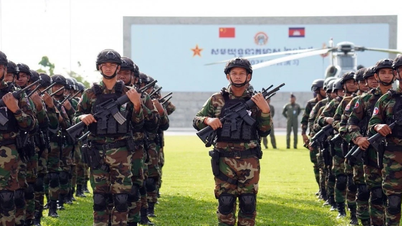
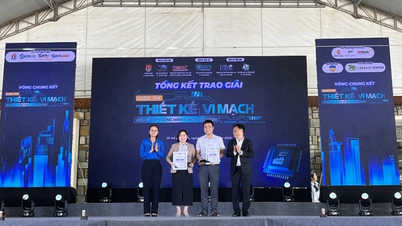





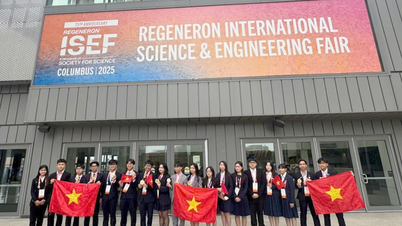

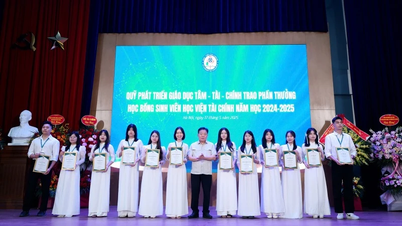

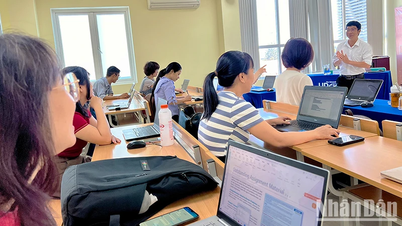
![[Photo] Nearly 3,000 students moved by stories about soldiers](https://vphoto.vietnam.vn/thumb/1200x675/vietnam/resource/IMAGE/2025/5/17/21da57c8241e42438b423eaa37215e0e)
























































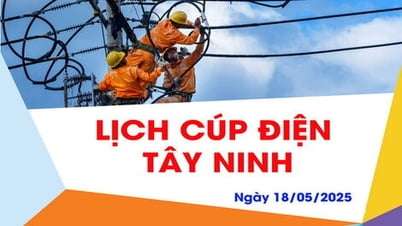

















Comment (0)